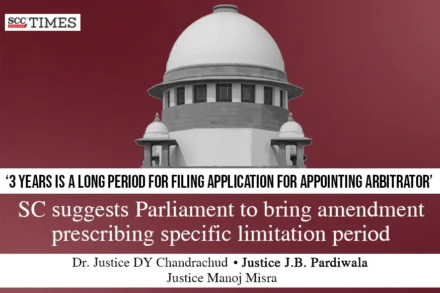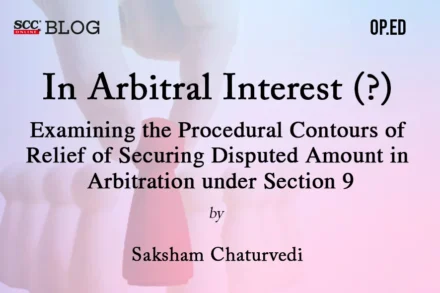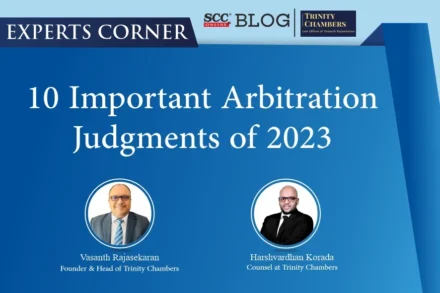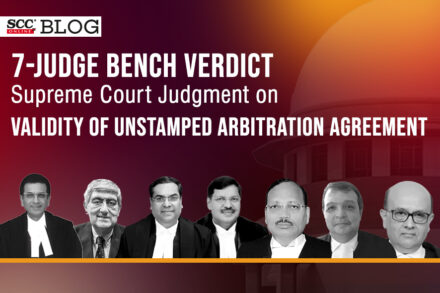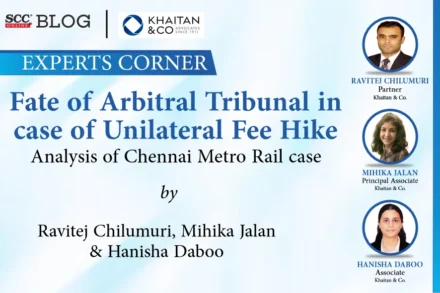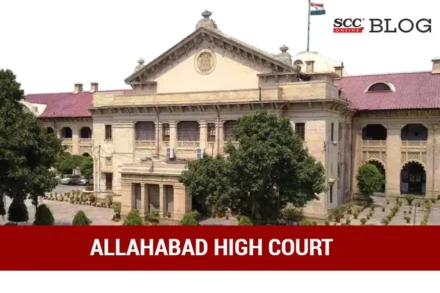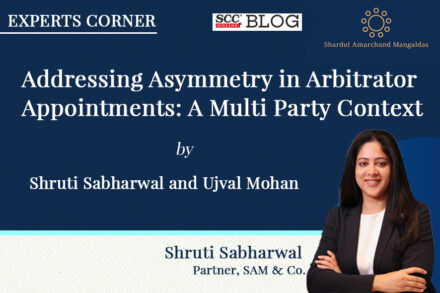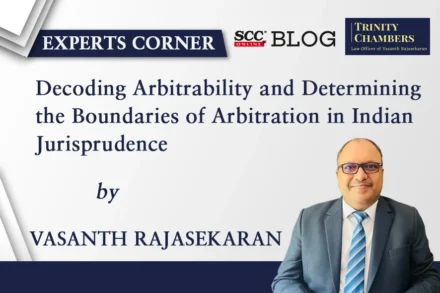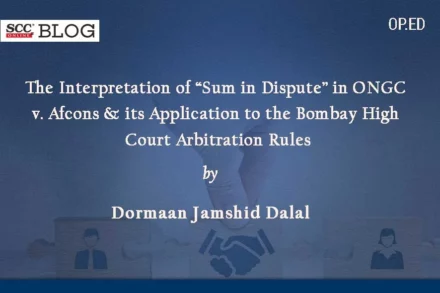
Issue of non-signatory guarantor to be impleaded as party to arbitration is for arbitral tribunal to decide: Delhi High Court
“Prima facie, Respondents 3-5 are a veritable party to the loan agreement as they are connected with the loan documents and form part of the loan transaction.”


